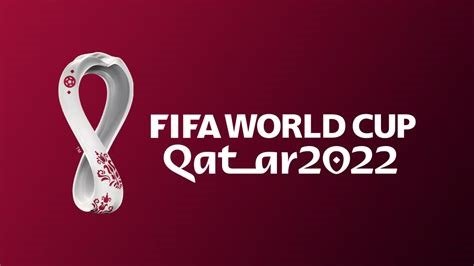FIFA President Gianni Infantino Just Provided a PR Teaching Moment
The 2022 World Cup has been controversial enough without soccer’s governing body scoring an own goal on the eve of the tournament.
While ostensibly defending FIFA’s choice of Qatar to host what should be a celebration of the beautiful game, Gianni Infantino’s diatribe had journalists literally gasping at its extraordinary tone deafness.
Comparing himself as a child with red hair and freckles in Switzerland to migrant workers, thousands of whom have died over the last ten years in the gulf state, the LGBT community, Arabs, and Africans, he put a football-sized boot in his mouth.
And, by arguing that the West had no right to judge Qatar, having called for a focus on the football at the World Cup rather than politics, Infantino brought politics center stage, forcing players and commentators to explain their participation.
Infantino’s press conference offers a teaching moment of not just what not to do, but how easy it is for “smart,” powerful, and insulated leaders to completely misjudge the moment and audience.
While it is tempting to simply focus on leaders, this is a lesson for all communicators. How many can say they have not ridden their righteous hobby horse, given a presentation or engaged in a conversation where, at best, they have said things that don’t resonate or at worst, backfire. The difference between Gianni Infantino and the rest of us is simply the visibility of our gaffs.
Infantino offers a reminder that communication is not just what we say, but what is understood by the audience. The failure to consider context and how an audience will decode the messages we communicate, has consequences.
As communications experts, we need to remind both clients and ourselves of this on an ongoing basis. Over confidence, not asking others for perspective, a culture of deference, and incentives that may blind us to how what we are saying is being received, are just some of the reasons for communications - even with the best intentions - coming off the tracks. I’ve been there. We’ve all been there.
As professionals attuned to helping clients encode communications in ways that will resonate, it’s very hard to see how FIFA’s president could get things so wrong. But, it’s highly likely that behind the scenes he was under pressure from Qatar to change the narrative and focus World Cup coverage away from human rights and migrant workers to the positive messages they wanted to get across as tournament hosts. Especially, since it has reportedly spent $200 billion on the tournament.
Here, I’d offer a second takeaway. By blaming the media and others in his press conference, the real question he or his advisors should have been asking is whether or not the negative coverage around Qatar is in fact a communications problem or something more substantial.
There are many positive changes that have been driven by the country hosting soccer’s greatest competition, and some extraordinary firsts associated with it. It’s the first time the tournament has been held in an Islamic country, the first World Cup that is supposed to be carbon neutral, and the first time female referees will officiate.
While it is not unreasonable to make an argument that Qatar should not be judged through a Western prism, this ignores the reality that most of the world’s leading football nations and international journalists would, rightly or wrongly, bring this lens to the World Cup.
Infantino’s glaring failure – and likely that of Qatar – has been to view negative coverage as a communications problem that could be solved by brow beating journalists.
It's not too late for football to return to center stage. FIFA and Qatar can emerge winners from this World Cup by accepting that the concerns that have been raised are legitimate, addressing them head on, and then communicating – in that order.
And now back to soccer…
Simon Erskine Locke
About the Author: Simon Erskine Locke is founder & CEO of communications agency and professional search and services platform, CommunicationsMatch™, and a regular contributor to CommPRO.biz. CommunicationsMatch’s technology helps clients search, shortlist and hire agencies and professionals by industry and communications expertise, location, size, diversity and designations. CommunicationsMatch powers PRSA’s Find a Firm search tools, and developed the industry’s first integrated agency search and RFP tools, Agency Select™, with RFP Associates.



